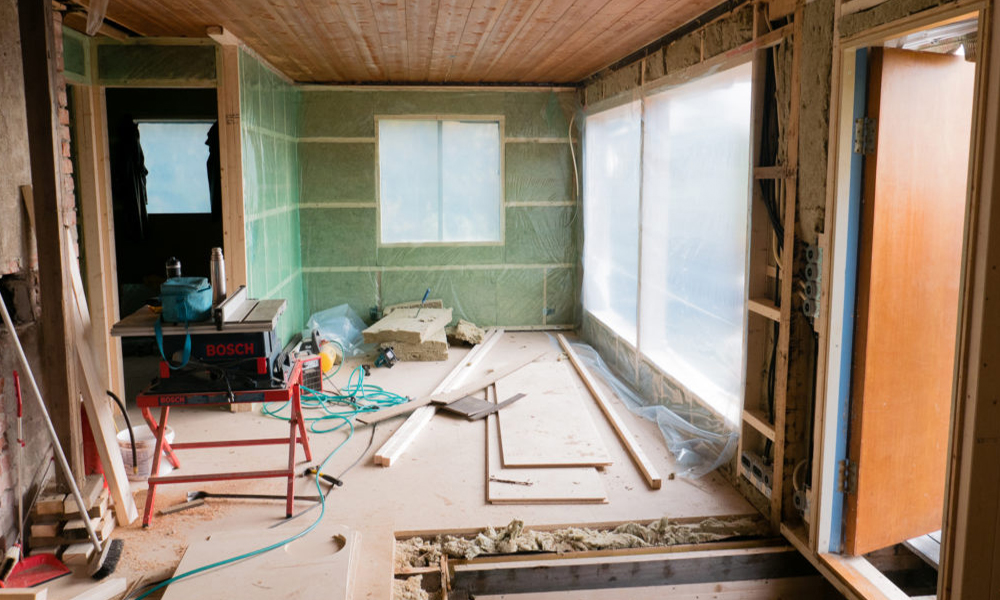In recent years, deconstruction has emerged as a powerful force driving sustainability in the construction and renovation industry. By prioritizing the careful disassembly and salvage of materials, deconstruction not only reduces waste but also contributes to the reuse and recycling industry. Crucially, one of the key drivers behind the increasing adoption of deconstruction by homeowners is the availability of financial incentives, particularly in the form of tax benefits. Here, we delve into how these tax benefits are helping propel the reuse and recycle industry forward while providing homeowners with compelling reasons to choose deconstruction over traditional demolition.
At the heart of the matter lies the recognition by governments at various levels of the environmental and economic benefits associated with deconstruction. To incentivize homeowners to opt for deconstruction, many jurisdictions offer tax benefits, such as deductions, credits, or exemptions. These incentives serve as powerful motivators for homeowners, offsetting the costs associated with deconstruction and making it a financially attractive option.
One of the most common forms of tax benefits associated with deconstruction is a tax deduction for the donation of salvaged materials to qualified charitable organizations. Homeowners who choose to donate materials salvaged during deconstruction can often claim a deduction based on the value of the donated materials. This not only encourages deconstruction but also supports charitable organizations and community projects that rely on donated building materials.
Moreover, tax benefits associated with deconstruction can extend beyond the immediate renovation project. For example, homeowners may be eligible for property tax incentives or rebates for incorporating sustainable practices into their homes, such as using salvaged materials or achieving energy efficiency standards. These incentives not only reward homeowners for their environmentally conscious choices but also promote long-term sustainability and resilience in communities.
Furthermore, the availability of tax benefits for deconstruction helps level the playing field between traditional demolition and sustainable practices. By making deconstruction financially viable, tax incentives encourage homeowners to prioritize environmental considerations in their renovation decisions. This, in turn, fosters a culture of sustainability within the construction and renovation industry, driving innovation and positive change.
Qualified appraisers play a pivotal role in the deconstruction process, providing expertise and guidance essential for maximizing the benefits of salvageable materials. These professionals possess specialized knowledge in assessing the value of salvaged items, considering factors such as material quality, market demand, and historical significance. By accurately appraising salvaged materials, qualified appraisers ensure that homeowners receive fair compensation for their contributions to the reuse and recycling industry.
Moreover, their assessments facilitate the donation of materials to charitable organizations, allowing homeowners to claim tax deductions while supporting worthy causes. Additionally, appraisers help homeowners navigate complex regulations and documentation requirements associated with deconstruction, ensuring compliance with local laws and maximizing available incentives. In essence, qualified appraisers serve as invaluable partners in the deconstruction process, helping homeowners make informed decisions that benefit both their bottom line and the environment.
Tax benefits play a crucial role in promoting deconstruction as a sustainable alternative to traditional demolition in home renovation projects. By leveraging these incentives, homeowners can not only lower their renovation costs but also contribute to the reuse and recycling industry while reducing environmental impact. As governments continue to recognize the importance of incentivizing sustainable practices, tax benefits will remain a key tool in driving the adoption of deconstruction and fostering a more sustainable future.
The Green Mission Inc. is always available for your deconstruction needs with expertise in tax and deconstruction and personal property. Please contact any of our staff members for free assessment of your next renovation or deconstruction project.


